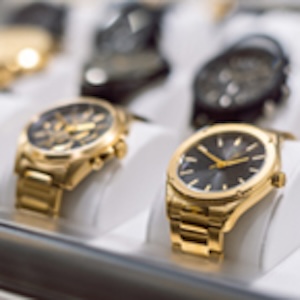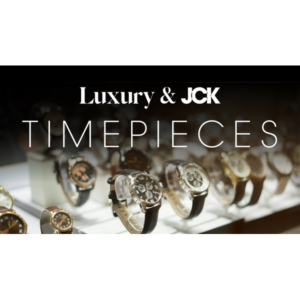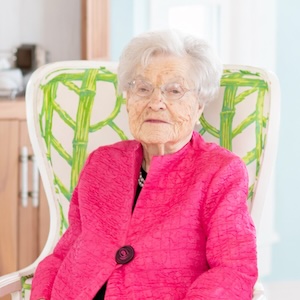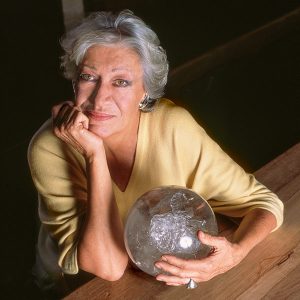
We had all hoped that 2021 would be a little calmer, but it turned out to be yet another year with a lot to talk about—maybe too much.
And so, as we have done for the past two years, JCK has collected 40 of the best, most interesting, most insightful, most thought-provoking—and funniest—jewelry-related quotes of the year gone by.
Unless otherwise noted, all quotes were made to JCK or garnered by JCK from primary sources.
Design
“[Jewelers are] artisans. They take raw materials and create a thing of beauty out of it. It’s a creation that honors the person who wears it, and that’s a really big deal.”
—Adriana Trigiani, author of The Good Left Undone

“[CAD-CAM] doesn’t interest me. I value it, because it’s so useful. But I’m a [jewelry] craftsman. I want to touch the materials. I don’t want to touch a keyboard. Touching materials, touching a pencil, moving things around, to me, that’s art. That’s a full-body experience.”
—Alan Revere on JCK’s Jewelry District podcast
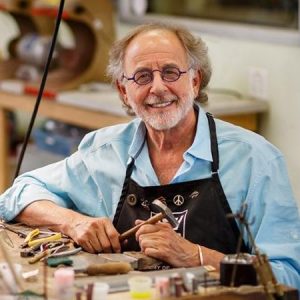
“I think that the brands need to go back to embracing creativity, and need to take a few risks and stop being so institutional.”
—Francesca Amfitheatrof, artistic director of watches and jewelry at Louis Vuitton, in Luxury Daily
“Professional investors have various formulae.… They forget the reason that [jewelry] companies became very successful was because they were original. They make something into a pale imitation of the original company, and they are very surprised when it doesn’t work.”
—English designer Theo Fennell, after he repurchased his company
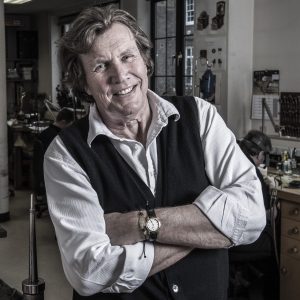
Diamonds
“The lazy approach would have been to say everyone is in bridal and everyone is in engagement, so let’s go in there and market the fact that [lab-grown diamonds] are a third of the cost. I could have done that. But to me, that just lacks imagination and creativity. Do I want to be the guy famous for cheapening diamonds?”
—Pandora CEO Alexander Lacik, in Bloomberg

“[Lab-grown and natural diamonds] are attached at the hip. It’s like we’re Siamese twins. If one goes down, so does the other. If there’s too much fighting or discontent or any real complications, the retailers will easily move on.”
—Industry marketer Dan Scott
“Diamonds definitely do good. And, there are real human costs, as well as benefits, associated with all products. Let’s accurately measure these benefits, in all diamond-producing countries. And the costs! Let’s base our claims and narratives on quality information. These reductive, binary claims are weak, and ever-better informed consumers will see through them. Mined diamonds can offer what synthetic diamonds never will: Social benefit. Let’s make sure that promise is fulfilled.”
—Estate, diamond, and gem dealer Jared Holstein

“Rolex has a machine in-house that can filter stones in mass to cull out anything that isn’t a real diamond. The machine costs tens of thousands of dollars, so I asked how frequently they received a stone from a supplier that wasn’t an actual diamond. The answer? About one out of 10 million. They do it anyway, because this is Rolex.”
—Ben Clymer, “Going Where Few Have Gone Before—Inside All Four Rolex Manufacturing Facilities,” in Hodinkee
“There’s no secret to your audience that diamond grading is all over the place. There’s no secret to your audience if you want a certain grade on a diamond, you submit it to a certain lab. [There’s] no secret that even within the same organization, a diamond can get—I see it, so I’ll say it—considerably different grades.”
—GCAL president Don Palmieri on the Rapaport Diamond Podcast
“[The Argyle mine] is a very big story—it was a big mine and it’s a really important product in a really important industry. But the things that drove it were small decisions and small conversations, individual people with ideas. There is a really interesting contrast of the big and the small and the personal relationships and the individual visions of what really drove it.… It’s a human story sitting behind a big economic and industrial story.”
—Stuart Kells, author of Argyle: The Impossible Story of Australian Diamonds

Gemstones
“Afghanistan has some of the most magical stones in the world. These beautiful gems are ancient creations. They come from the land. Families have lived off these mines for generations. They have the potential to improve people’s lives. It’s important to us as jewelers, as gem suppliers, as an extractive industry, to keep learning and caring about the people who are getting this material for us.”
—Mazahri Jewelry founder Zulaikha Aziz, who was born in Afghanistan
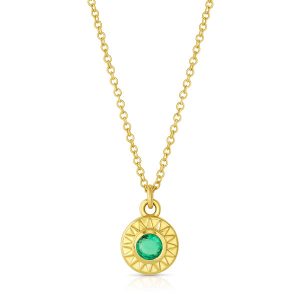
Jewelry
“We want to make an item so nice that when people try it on, it hurts them in their stomach and they have to own it.”
—Zahir Jooma, owner of Icebox in Atlanta, in The New York Times
“It’s the biggest potential we have right now. Fine jewelry is one of the highest-growth categories we have, if not the highest.”
—Michael Burke, chairman and chief executive of Louis Vuitton, in Financial Times
“You’re finally seeing guys wear serious jewelry.… How about the baseball player for the Braves wearing a pearl necklace? Guys wearing black pearls with leather was pretty cool, but a white strand of pearls like grandmother wore? That’s really different. But it speaks to whole new thing, let your freak flag fly. Maybe they were his grandmother’s!”
—Oliver Smith, founder and director of Oliver Smith Jewelry, Scottsdale, Ariz.

“It’s a great feeling to have my jewelry on. It’s a confidence thing, and it shows my work. When I started, I just had this one little diamond chain. Now I have all this. Moving on up!”
—Offset, in Vogue
“Every piece of jewelry is precious to someone. Whether it’s a $10,000 diamond or a little synthetic stone pendant. Someone gave that to them, and we need to remember that.”
—An anonymous retailer, in InStore
Jewelry During COVID-19
“[Consumers] view luxury as the comfort food of retail…. It was something so much more and so much deeper than a pair of shoes. Why else would you buy 110-millimeter pumps from a luxury brand, when you’re working at home and on Zoom all day? You do it because you love fashion, and it’s your Oreo cookie. It’s something that’s going to make you feel better.”
—Saks Fifth Avenue CEO Marc Metrick, on CNBC
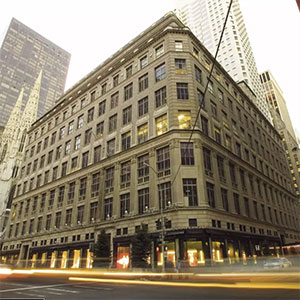
“What people really want is simple nostalgic joy. [In lockdown] you’re only wearing [jewelry] for yourself. There’s no one to impress.”
—Zoe Benyon, creative director and cofounder of Robinson Pelham, in Financial Times
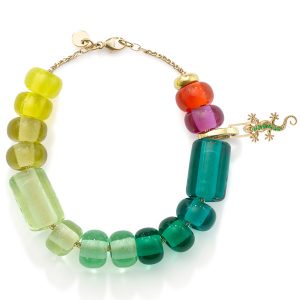
“When you’re on a virtual platform or a red carpet, people want to be stimulated visually, and the only way you can do that is with some good fine jewelry. The clothes? Meh. But the jewelry? It’s here to last and it’s here to stay.”
—Matthew Harris, founder of Mateo New York, in the Los Angeles Times
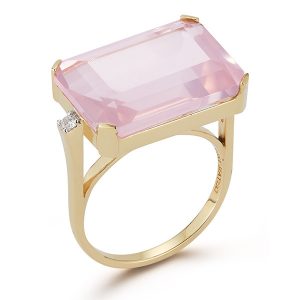
“COVID exposed the very substantial gaps that exist between the haves and the have-nots in our societies. In many respects, as responsible members of the business community, we will be judged by how we react to support those less fortunate than ourselves.”
—CIBJO president Dr. Gaetano Cavalieri, in Solitaire International

Marketing
“I saw a big disconnect between who the customer was and who [brands] represented in the ads. Some marketing is concocted to make you feel insecure, and we were all complicit.”
—Jewelry designer Alexis Bittar, in Forbes
“People are really going on two thousand word rants on LinkedIn about how much they hate the Tiffany & Co ‘not your mother’s Tiffany’ campaign. I’ve never seen anything like it.”
—Marketing strategist Michael J. Miraflor, on Twitter
Remembered
“[Alex Šepkus] would say, ‘I don’t know where the idea comes from, I just sit down and work and stuff comes out of these fingertips. I’m blessed.’ ”
—Jeff Feero, business partner of Alex Šepkus, following Šepkus’ death in September

“I’ve had to make some even tougher decisions than [my husband] did. But I love doing it. I wasn’t afraid when I was 13, and I’m not afraid now.”
—Helene Fortunoff, who died in November, in The New York Times
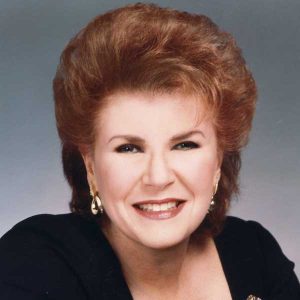
“For me to be a good designer is the simplest thing in the world. But to be a good human being, that is going to be hard. I’d like to try though.”
—Tiffany designer Elsa Peretti, who died in March, in Vogue
Retail
“When I got my ring in 1982, I first went to another store and they said, ‘You better go down the street to Tiffany’s,’ and when I got there, it was such and it still is—I don’t know if it will remain that way—the most democratic store that I’ve ever been to that sells beautiful things. Democratic with a small d.”
—A Tiffany shareholder, in WWD
“I’m convinced that the way forward is going to be a mix of digital and bricks-and-mortar. Why? Because at the end of the day you can never replace a handshake.”
—Sascha Moeri, CEO, Carl F. Bucherer, in Fortune India
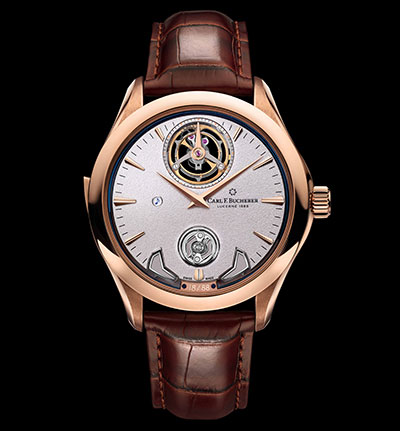
“If your memory of the past year was erased, and I told you that a pandemic would rip across the world, rendering us all loyal supplicants to online shopping, what percent of sales would you assume e-commerce would be of overall consumption? The reality—a little over 14% of sales—is actually shocking. The takeaway shouldn’t be ‘e-commerce is eating the world’ it should be ‘despite lockdown, store closures, mass layoffs, and global logistics networks that rival militaries in terms of sophistication, e-commerce was less than one-sixth of sales in the U.S.’ ”
—Analyst Elena Burger, in The Washington Post
“Don’t believe in the god of digital marketing or the god of technology. Even though digitalization is important, it has to be built upon you—your personality, your ethics, your values. By itself, it’s nothing.”
—Martin Rapaport, at the JCK Las Vegas show
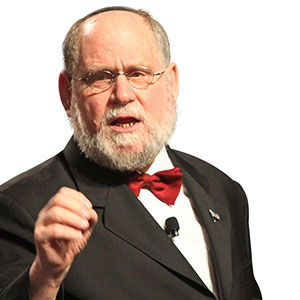
“[Canceling Prime is] statistically insignificant to Amazon. They’ll never feel it. [But] the small businesses in your neighborhood will absolutely feel the addition of a new customer. Individual choices do make a big difference to them.”
—Danny Caine, author of How to Resist Amazon and Why, in The Atlantic
Social Media
“In the early part of the pandemic, I was posting more cooking than jewelry [on social media], and my staff said, ‘What are you doing?’ I said, ‘Okay, I’ll wear a ring when I cut up onions.’”
—Designer Mimi So
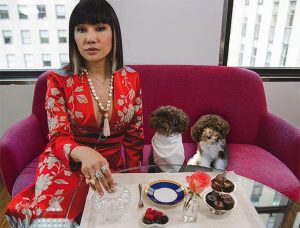
“I started posting political stuff [on Instagram] in the same way that I also post a s— ton of football stuff or singing in the car on the way to the Vegas show, and people would push back. And I was like, ‘Look, this is my feed. And these are just my opinions. They are nothing more. But they are the nuanced opinions of a pretty smart girl. If you don’t like them, step off.’ I am not for everyone. I tell people that all the time. I might not be right for you. I am heavy cream.”
—Vintage charm jewelry dealer Mick Edwards (aka @missmickster)

Social Responsibility
“Too often, companies [use] wonderful marketing language and will say all the right things [about social responsibility]. But rarely does anyone look under the hood. In which case, it’s meaningless.”
—Anneke Von Wounderberg, executive director, RAID (Rights and Accountability in Development)
“We really try to stay away from the term sustainable garment, because that implies that we’ve reached the destination. We really haven’t. It’s a continuous journey.”
—Alice Hartley, director of product sustainability and circularity at the Gap, in The Guardian
“No one wants to ride on an airline that’s not safe. It will be the same way with [sustainability]. In the future, consumers aren’t going to do business with a company that isn’t doing the right thing.”
—Cartier CEO Cyrille Vigneron
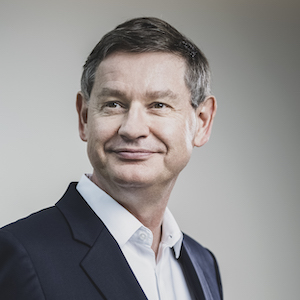
Watches
“If you manage to get your hands on a steel Nautilus, a Rolex Daytona, an RM 011 or a steel Royal Oak, the day you buy it at retail, you can resell it immediately, multiplying its value by two or even three.… What investment in the world—unless you’re a drug dealer—actually gives you those returns?”
—Maximilian Büsser, owner and creative director of the boutique brand MB&F, in The New York Times
“The coolness [of the Cartier Tank] calmed me, its weight made me feel important, but not in a nasty, superior way. I actually took out the kitchen scale; the watch weighed 3.5 ounces. Somehow its elegance reminded me that though there was much to dread in the world, there was also a lot to see and do.”
—Sarah Miller, “A Complete Newbie Tries On the Watch of Her Dreams,” Hodinkee
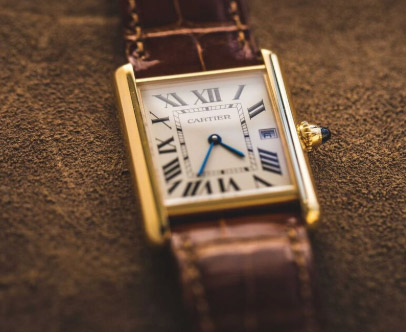
“[Connected watches are] not our field. Can you imagine? Am I going to fight against Apple, which has nearly the same budget as I do in R&D, except they have five more zeros at the end of it?”
—Patek Philippe president Thierry Stern, in Hodinkee
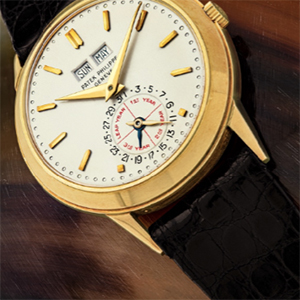
“What is a woman’s watch? It is a watch owned by a woman. I don’t see any clearer way to put that.”
—Suzanne Wong, editor-in-chief of WorldTempus, in The New York Times
“Brands have to be much more inclusive now. There’s still some exclusive luxury out there where the customer is supposed to feel honored to get a watch from a company. Are you kidding me? We should be honored that the customer has trusted us. Some brands are too arrogant in the way they deal with customers. I’m sure this will backfire one day.”
—Georges Kern, CEO of Breitling, in McKinsey & Co. and Business of Fashion’s jewelry and watches report
Top: Designer Elsa Peretti (photo: Tiffany & Co./Eric Boman)
- Subscribe to the JCK News Daily
- Subscribe to the JCK Special Report
- Follow JCK on Instagram: @jckmagazine
- Follow JCK on X: @jckmagazine
- Follow JCK on Facebook: @jckmagazine

